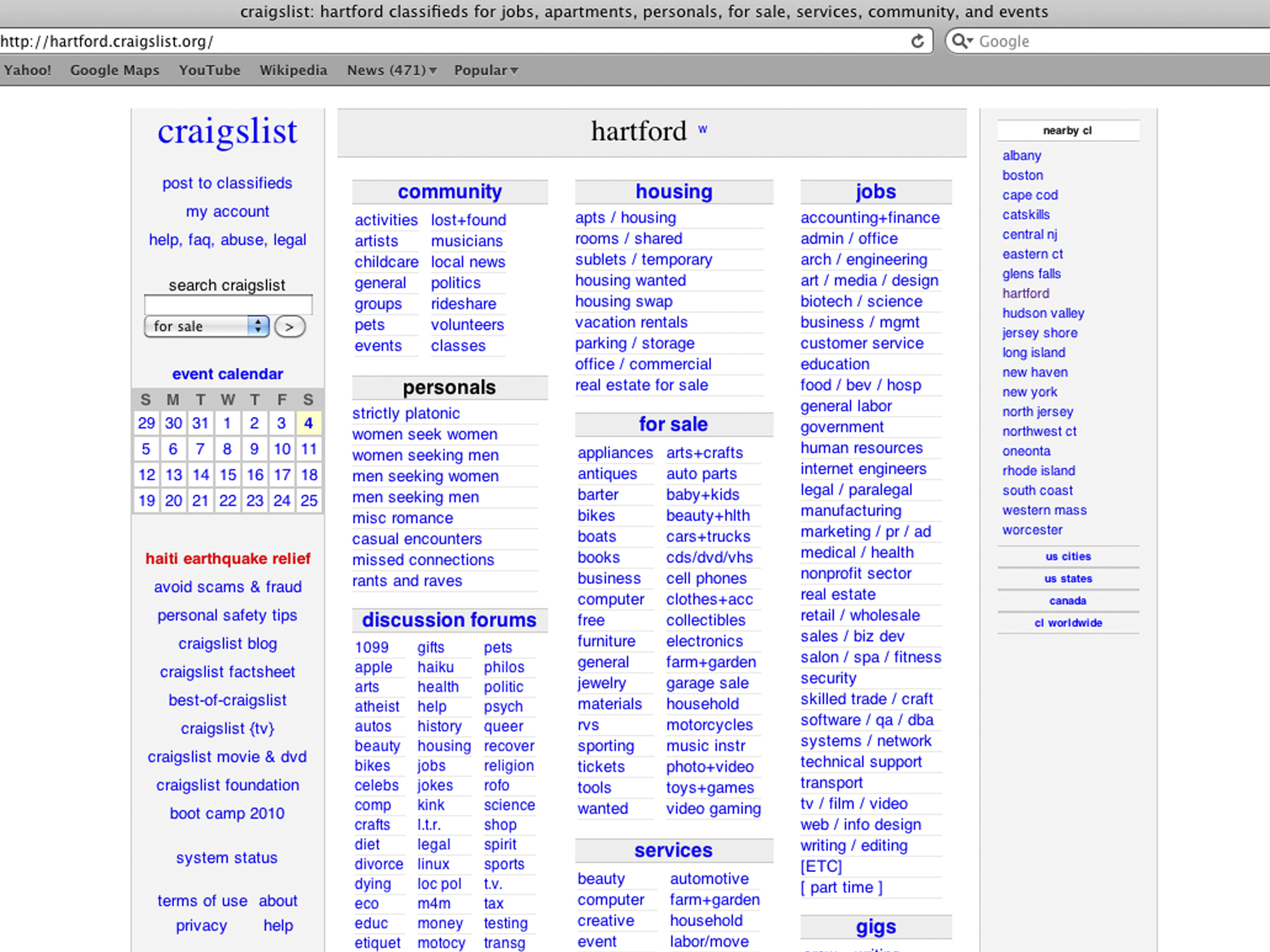سکس خانوادگی, literally translating to “family sex,” presents a deeply complex and sensitive topic requiring careful consideration. This term encompasses a wide range of scenarios, from consensual intimacy within families to severe instances of sexual abuse and exploitation. Understanding its multifaceted nature necessitates exploring its cultural contexts, legal ramifications, psychological impacts, and portrayals in media, all while emphasizing the crucial role of consent and the importance of protecting vulnerable individuals.
The ambiguity inherent in the term “سکس خانوادگی” necessitates a nuanced approach. Cultural norms significantly influence perceptions and interpretations, leading to variations in understanding across different societies. This exploration will delve into these cultural nuances, examining the legal frameworks in place to address related activities, and analyzing the profound psychological and social consequences for those involved. Ultimately, the goal is to foster a comprehensive understanding of this complex issue, promoting awareness and encouraging responsible discussions.
Understanding the Term “سکس خانوادگی”
The term “سکس خانوادگی” is a Persian phrase that directly translates to “family sex” in English. However, a literal translation often fails to capture the nuanced meanings and potential interpretations embedded within the term, particularly within its cultural and societal context. Understanding its implications requires examining the various ways it might be used and perceived.
Cultural and Societal Contexts of “سکس خانوادگی”
The phrase “سکس خانوادگی” carries significant weight due to the strong emphasis on family and honor within many Persian-speaking cultures. The juxtaposition of “sex” with “family” creates a stark contrast, immediately suggesting a transgression of deeply held social norms and moral boundaries. The term’s appearance might be found in contexts discussing taboo subjects, criminal investigations involving incest or other forms of sexual abuse within families, or in academic discussions analyzing cultural attitudes toward sexuality and family structures.
It could also appear in fictional works exploring themes of societal repression and the consequences of violating traditional values. The specific context is crucial in determining the intended meaning and the severity of the implied violation.
Obtain a comprehensive document about the application of happy monday gif that is effective.
Interpretations and Ambiguities of “سکس خانوادگی”
The ambiguity of “سکس خانوادگی” stems from its potential to encompass a wide range of activities and relationships. It could refer to consensual sexual activity between family members (although highly improbable due to cultural taboos and legal prohibitions), non-consensual sexual acts such as incest or sexual abuse, or even metaphorical uses within literature or art to represent themes of family dysfunction or power imbalances.
The lack of specificity inherent in the term allows for multiple interpretations, making it crucial to consider the surrounding context to understand its intended meaning. For instance, its use in a legal document would carry a drastically different weight than its use in a work of fiction.
Comparison with Similar Terms in Other Languages
The direct translation of “family sex” is relatively straightforward across many languages. However, the cultural connotations and societal implications vary significantly. In some cultures, the term might evoke a stronger sense of shame and taboo than in others. The legal and social consequences of actions described by such terms also differ considerably across jurisdictions. A comparative study of similar terms in different languages would reveal diverse attitudes towards family sexuality, reflecting varying cultural norms and legal frameworks.
For example, the legal and social responses to incest vary dramatically across cultures, influencing the perceived gravity of the term “family sex” or its equivalents in different linguistic and cultural contexts.
Legal and Ethical Considerations: سکس خانوادگی
The term “سکس خانوادگی,” implying sexual activity within a family, raises serious legal and ethical concerns across diverse jurisdictions. Understanding the legal ramifications and ethical implications is crucial for addressing the potential harm associated with such activities. This section will explore the legal statutes, ethical guidelines, and penalties related to this sensitive topic in various countries.
Legal Ramifications in Different Jurisdictions
The legal status of activities implied by “سکس خانوادگی” varies significantly depending on the specific acts involved, the ages of those involved, and the jurisdiction. Incest, for example, is almost universally prohibited, with severe penalties ranging from imprisonment to fines. However, the exact definitions of what constitutes incest and the specific laws addressing it differ across countries. Other sexual acts within families, even if consensual among adults, may still be illegal depending on the local laws regarding adultery, bigamy, or other related offenses.
For instance, some jurisdictions may criminalize sexual acts between close relatives even if all parties are consenting adults, while others may only prosecute cases involving minors or those involving force or coercion. The complexity of these laws highlights the need for careful consideration of the specific context and relevant legal framework in each jurisdiction.
Ethical Concerns: Exploitation and Abuse
Beyond the legal ramifications, significant ethical concerns arise from the potential for exploitation and abuse inherent in sexual activity within families. Power imbalances within family structures often create vulnerabilities for exploitation, particularly for children and other dependent individuals. The inherent trust and intimacy within families can be manipulated to perpetrate abuse, leaving victims with lasting psychological and emotional trauma.
Even when consent is given, the dynamic of familial relationships can raise ethical questions about coercion and undue influence. The potential for long-term damage to family relationships and the well-being of all involved underscores the ethical gravity of this issue.
The Role of Consent
Consent is a critical factor in determining the legality and ethical acceptability of sexual activity. However, the concept of consent in familial contexts is particularly complex. Consent given under duress, coercion, or undue influence is not considered valid. Furthermore, the capacity to consent varies depending on age and mental state. Minors, by definition, lack the legal capacity to consent to sexual activity, making any such act with a minor a crime regardless of the circumstances.
Even with adults, the power dynamics within a family can make genuinely free and informed consent difficult to achieve. The burden of proving genuine consent rests heavily on the individuals claiming it, particularly in situations involving family members.
Comparative Legal and Ethical Frameworks
The following table summarizes the legal statutes and ethical guidelines related to sexual activity within families in three different countries. Note that this information is for illustrative purposes only and should not be considered exhaustive legal advice. Always consult with legal professionals for specific legal guidance.
| Country | Statute/Law | Ethical Guideline | Penalty/Sanction |
|---|---|---|---|
| United States | Varying state laws on incest, sexual assault, and child abuse; federal laws on child pornography and interstate transportation of minors for sexual purposes. | Emphasis on protection of vulnerable individuals, prevention of exploitation and abuse, and upholding the right to bodily autonomy. Professional codes of ethics for therapists and social workers address reporting obligations regarding suspected abuse. | Imprisonment, fines, mandatory reporting requirements, sex offender registration, and other sanctions depending on the specific offense and state law. |
| United Kingdom | Sexual Offences Act 2003 (covers incest and other sexual offences), Children Act 1989 (protects children from abuse). | Similar to the US, with a strong focus on child protection and preventing exploitation within families. Professional ethical guidelines for relevant professions emphasize mandatory reporting. | Imprisonment, fines, and other penalties depending on the severity of the offense. |
| Canada | Criminal Code of Canada (addresses incest, sexual assault, and offences against children). | Ethical guidelines parallel those of the US and UK, emphasizing the protection of vulnerable individuals and the importance of informed consent. | Imprisonment, fines, and other penalties depending on the severity of the offense. |
Depictions in Media and Popular Culture
The term “سکس خانوادگی” (familial sex), and the concepts it encompasses, are rarely explicitly depicted in mainstream media due to their highly sensitive and controversial nature. However, related themes of incest, sexual abuse within families, and dysfunctional family dynamics frequently appear, albeit often subtly or metaphorically. The portrayal of these themes significantly influences public perception, shaping understandings of family relationships, power dynamics, and the complexities of sexual trauma.The representation of these sensitive topics varies greatly across different media platforms, reflecting cultural norms, censorship regulations, and the artistic choices of creators.
While some portrayals aim to raise awareness and foster empathy for victims, others may inadvertently normalize or even romanticize harmful behaviors. Analyzing these diverse representations is crucial for understanding their impact on societal attitudes and the potential for both harm and positive social change.
Portrayals in Film and Television, سکس خانوادگی
Films and television series often explore themes related to familial sexual dynamics, though rarely explicitly using the term “سکس خانوادگی.” These depictions frequently focus on the consequences of such relationships, showcasing the psychological trauma experienced by victims and the breakdown of family structures. The narrative choices made – whether to depict the abuse graphically or to focus on its aftermath – significantly impact the viewer’s understanding and emotional response.
Sometimes, these themes are used as a plot device to drive the narrative forward, while in other instances, they form the central conflict of the story. The level of detail and the explicitness of the depiction vary widely depending on the target audience and the creative vision of the filmmakers.
Examples of Media Depictions
The following examples illustrate the diverse ways in which themes related to familial sexual dynamics are presented in media:
- Film X: This film subtly depicts the emotional consequences of childhood sexual abuse within a family, focusing on the long-term psychological impact on the victim rather than explicitly showing the abuse itself. The narrative emphasizes the victim’s struggle to overcome the trauma and rebuild their life.
- Television Series Y: This series uses a metaphorical representation of a dysfunctional family to explore themes of power imbalance and control, hinting at underlying sexual abuse without explicitly depicting the acts. The narrative focuses on the manipulative behavior of a family member and the subsequent damage to family relationships.
- Literature Z: This novel uses a complex narrative structure to portray the psychological complexities of incestuous relationships, exploring the motivations and consequences of such actions through the perspectives of multiple characters. The depiction is unflinching and aims to challenge societal taboos.
Impact on Public Perception
The way familial sexual dynamics are portrayed in media can significantly shape public understanding and attitudes. Sensationalized or romanticized depictions can normalize harmful behaviors and minimize the severity of the trauma experienced by victims. Conversely, sensitive and nuanced portrayals that prioritize the victim’s perspective can raise awareness, promote empathy, and encourage help-seeking behaviors. The impact is further amplified by the reach and influence of various media platforms, particularly those with a large and diverse audience.
In conclusion, the term سکس خانوادگی highlights a spectrum of complex issues demanding a multifaceted response. From the legal and ethical considerations to the profound psychological and social impacts, a thorough understanding is crucial. Addressing this topic requires a commitment to protecting vulnerable individuals, promoting responsible media portrayals, and establishing comprehensive support systems for victims. By fostering open dialogue and implementing effective preventative measures, we can work towards creating safer and more informed communities.


